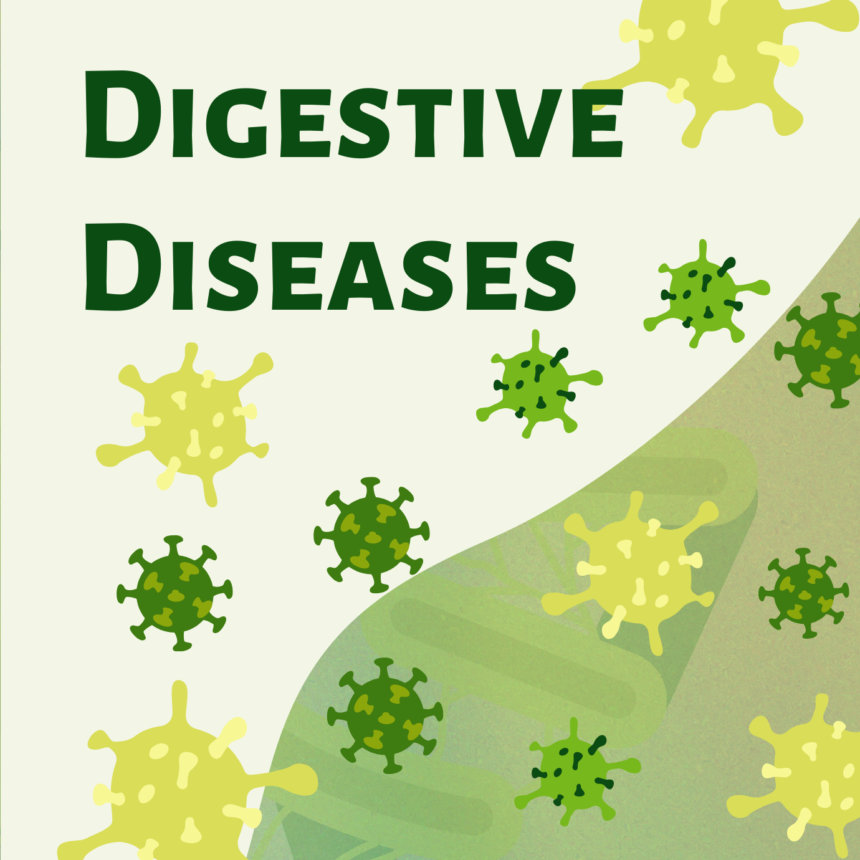Eating disorders are complex mental health conditions characterized by irregular eating habits, severe distress about body weight or shape, and an obsession with food and appearance. This article will shed light on three common eating disorders: anorexia nervosa, bulimia nervosa, and binge eating disorder.
Anorexia Nervosa:
Anorexia nervosa is characterized by an intense fear of gaining weight and a distorted body image, leading individuals to restrict their food intake severely. People with anorexia often see themselves as overweight, even when they are dangerously underweight. Common signs and symptoms include extreme thinness, obsession with food and calories, excessive exercise, and avoiding meals. Anorexia can have severe physical and mental health consequences, including malnutrition, heart problems, and depression.
Bulimia Nervosa:
Bulimia nervosa involves a cycle of binge eating followed by purging behaviors, such as forced vomiting, excessive exercise, or laxative use. Unlike anorexia, individuals with bulimia may maintain a relatively normal weight, making it harder to detect. They often feel a lack of control during binge episodes and experience shame and guilt afterward. The repeated purging can lead to serious health issues, including electrolyte imbalances and damage to the digestive system.
Binge Eating Disorder:
Binge eating disorder (BED) is characterized by recurrent episodes of eating large amounts of food in a short time, often to the point of discomfort. Individuals with BED do not engage in purging behaviors, as seen in bulimia. This disorder is associated with feelings of guilt, shame, and loss of control during binges. BED can lead to obesity and related health problems, such as heart disease and diabetes.
Causes and Triggers:
Eating disorders are complex and can result from a combination of genetic, environmental, psychological, and societal factors. Common triggers include societal pressure to conform to unrealistic beauty standards, trauma, low self-esteem, and genetic predispositions.
Treatment and Recovery:
Recovery from eating disorders is possible with professional help. Treatment typically involves a combination of therapies, including cognitive-behavioral therapy (CBT), nutritional counseling, and medication in some cases. Family therapy is often beneficial, especially for adolescents with eating disorders.
Support from loved ones is crucial during recovery. Friends and family can help by providing emotional support, avoiding making comments about weight or appearance, and encouraging treatment adherence.
Prevention:
Preventing eating disorders involves fostering a healthy body image, promoting self-esteem, and educating individuals about the dangers of restrictive dieting and excessive exercise. Early intervention is essential to prevent the development of more severe eating disorders.
Conclusion:
Eating disorders are serious mental health conditions that affect both physical and emotional well-being. Seeking professional help early can greatly improve the chances of recovery. Education and awareness play a vital role in preventing these disorders and promoting a healthy relationship with food and body image.








